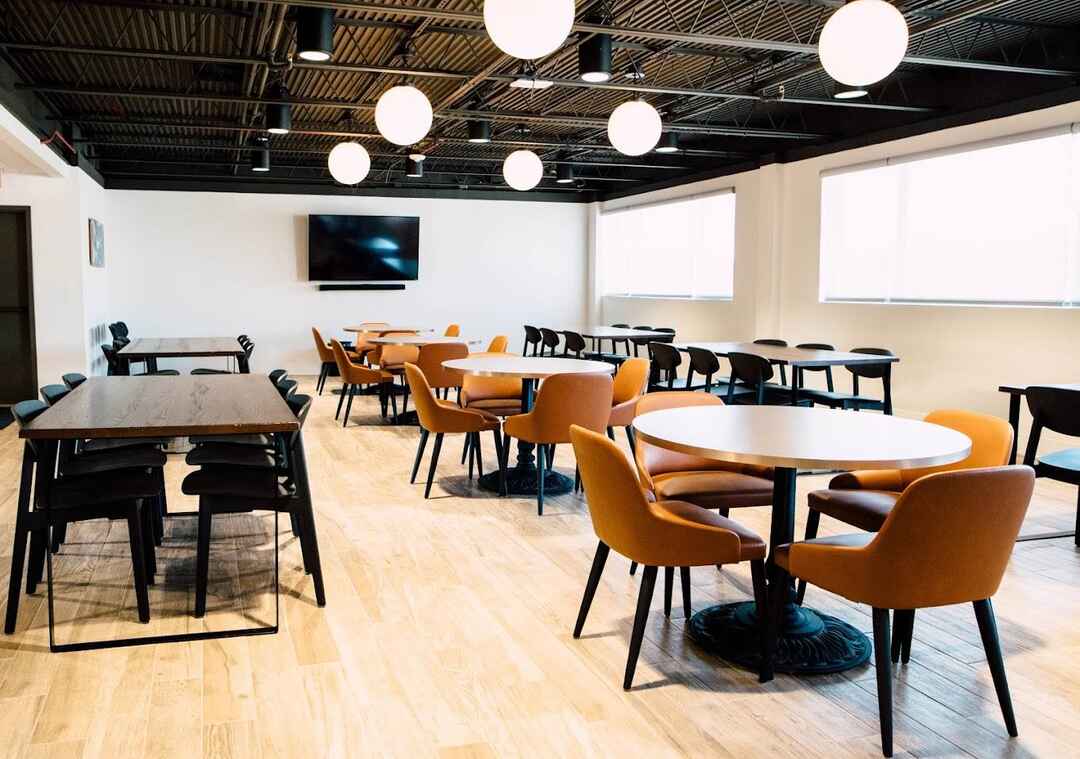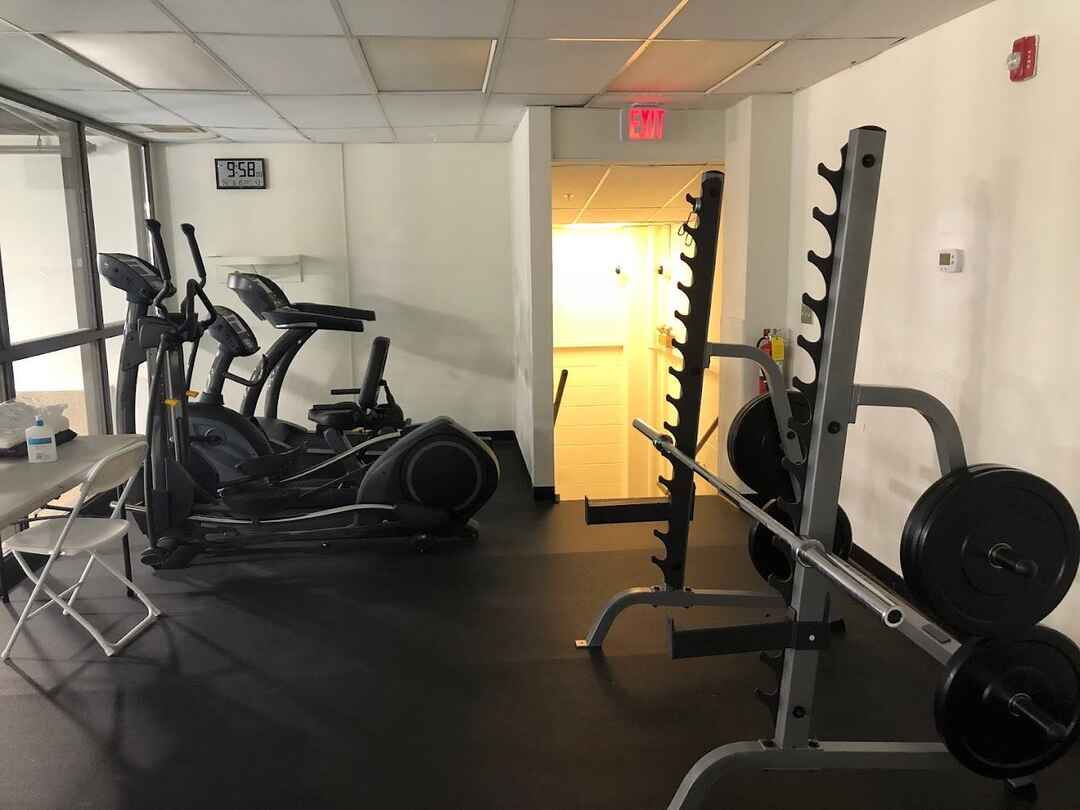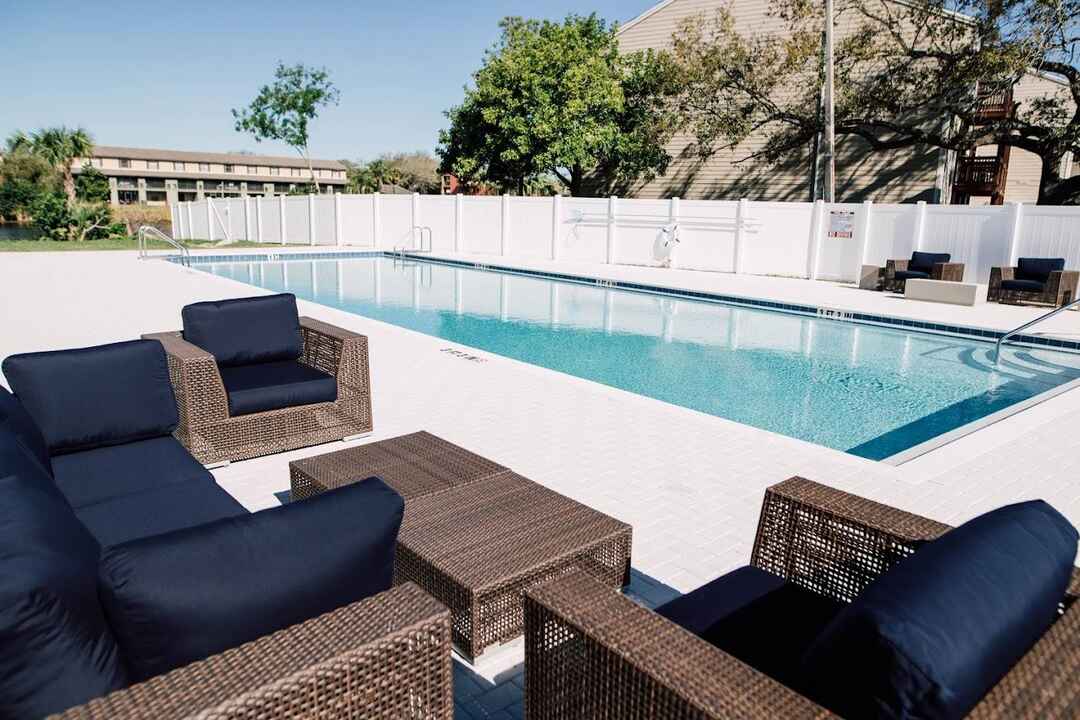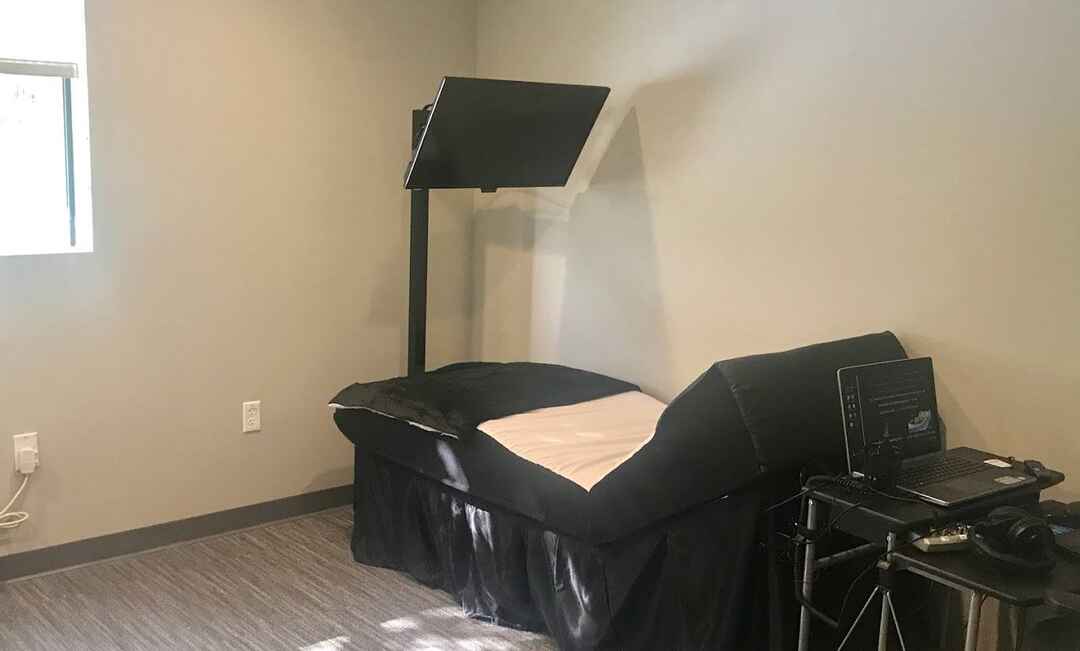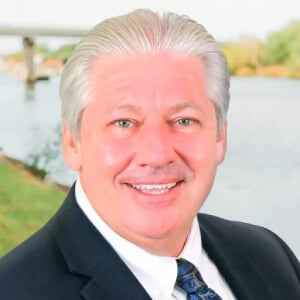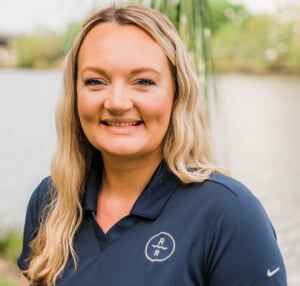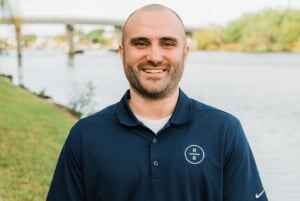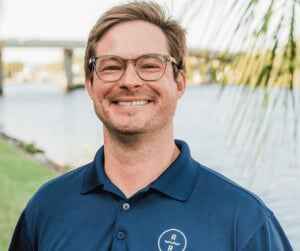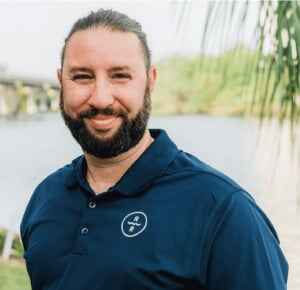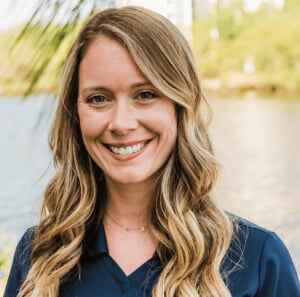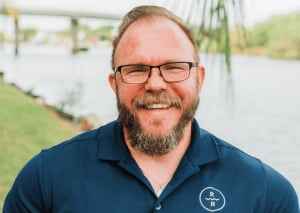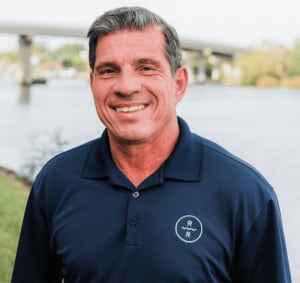About Riverside Recovery of Tampa – Tampa
Riverside Recovery in Tampa, Florida, is an addiction treatment facility that offers detox, residential and outpatient treatment services. They provide assistance to men and women struggling with addiction and co occurring mental health disorders. Located on North Riverside Drive, clients will benefit from the calm settings of the Hillsborough River.
During the detoxification process, you’ll receive 24/7 supervision by trained medical professionals. The staff has experience with tapering and stabilizing patients off of substances such as alcohol, sedatives and fentanyl. You can receive a private room upon request.
In residential treatment, clients will receive catered meals that are made from fresh, locally sourced ingredients to provide the nutrition needed for recovery. You’ll also participate in daily therapeutic activities such as mindful meditation, yoga, and physical recreation.
Each of these activities can show you new ways to reduce your stress without using substances. I like that they also decorate client rooms with serene artwork and fresh white linen to create a comfortable atmosphere.
The staff works to provide you with as many resources as you need to set you up for a long lasting recovery. Some continuing care services you’ll receive include counseling, support groups and recovery coaching.
A recovery coach can share their experiences with overcoming addiction and provide you additional support as needed. Additional continuing care services Riverside Recovery provides include employment assistance and legal assistance.
As patients start living more of an independent life outside of treatment, they can find lots of new activities to do in Tampa. You can have fun spending time at the Busch Gardens Theme Park or enjoy a nice visit to The Florida Aquarium.

